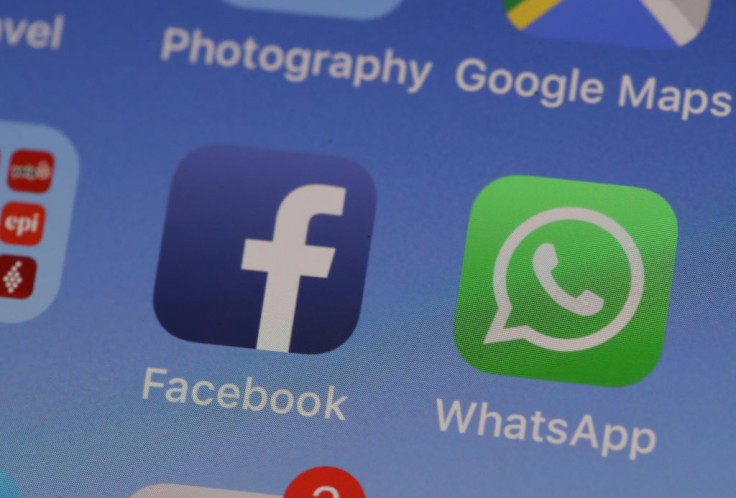Mozilla is now urging Meta to extend its fight against misinformation on Facebook and Instagram to WhatsApp ahead of the 2024 Elections.
In an interview with Engadget, Mozilla senior researcher Odanga Madung noted that "almost 90%" of Meta's misinformation policies "overwhelmingly prioritize" Facebook and Instagram when WhatsApp nearly have the same number of users as the other Meta-owned platforms.

Data reports estimate that WhatsApp hosts 3.031 billion monthly active users, while Facebook has 3.5 billion and Instagram with 2 billion.
Meta Only Pushes Anti-Misinformation Policies on Facebook, Mozilla Researchers Say
For reference, Meta has launched at least 95 policy changes to address the growing misinformation culture on Facebook and Instagram since 2016, of which only a small fraction was also implemented on WhatsApp.
To remedy its lack of actions, Madung urged the social media giant to bring its disinformation labels and AI regulations on the messaging platform before voting polls begin.
Over 16,000 people have reportedly signed Mozilla's call to Meta.
Meta Transparency Tools, Policies Under Fire Amid Disinformation Surge
Although Meta has launched more policies on Facebook to curb political misinformation on the platform, it does not necessarily mean that social media is already safe from "fake news."
In contrast, more digital experts are coming up with findings that Meta still lacks preventive measures to fully prevent disinformation from running rampant on its platforms.
Even its Oversight Board has noted that the company has rolled out vague policies against manipulated media, allowing users to spread disinformation through the loopholes.
It does not help that most misinformation is now being powered by AI or that Meta's very own AI chatbot has been noted several times for generating inaccurate information to users.
Of course, there is also its previous policy to allow ads promoting 2020 elections denialism back on the platform a year after it first went rampant across its platforms, culminating in the Jan. 6 Capitol Riot in 2021.









